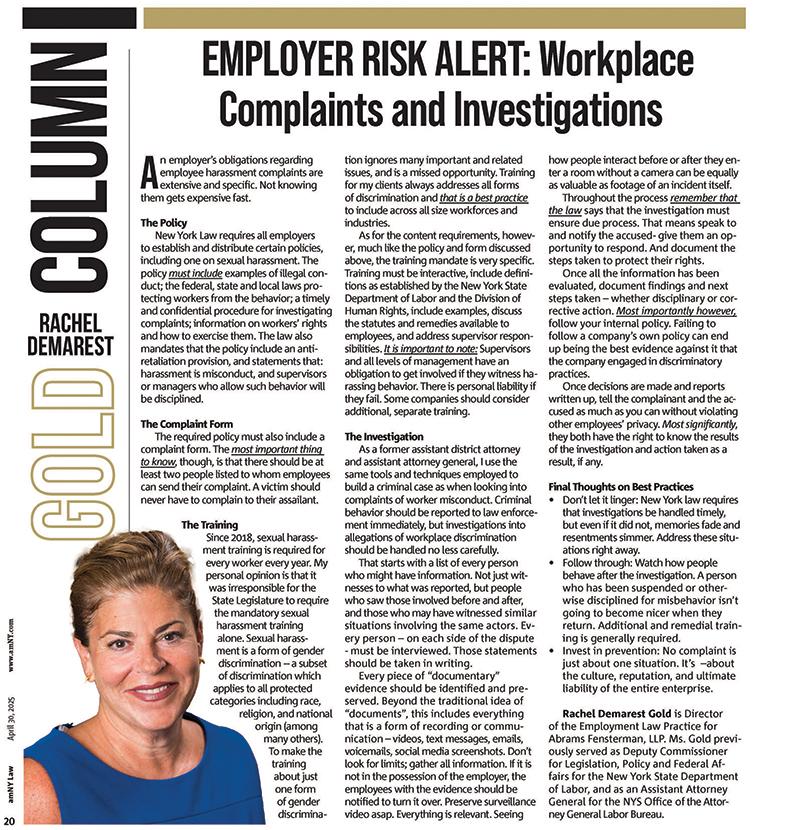Long considered the American pace-setter and authority for the Law of Trusts, New York State has, in recent decades, taken a backseat to other states that have made significant strides in the modernization of their trust statutes. Such improvements have forced attorneys in New York to look elsewhere to take advantage of more consumer-friendly and powerful laws in a growing minority of other states, such as Delaware, South Dakota, Alaska, and Nevada. As a result, many New Yorkers are now establishing trusts in other states, and getting increased protection from creditors, more confidentiality and investment flexibility, simpler and more flexible administration, and tax savings.
New York State has closed the gap a little bit with the enactment of a new law which became effective last August. It allows for the modification of existing irrevocable trusts. This is an important tool to allow families to revise existing trusts due to changed family circumstances, to correct errors, to take advantage of new techniques, and/or to save taxes. This process is called “decanting”. In legal terms, the “decanting” process allows the trustee of an original trust to “appoint” or transfer trust property into another existing or newly created trust, and administer the trust under the changed language.
New York was the first state to enact a decanting law in 1992, but many families could not take advantage of it because of restrictions that limited its use in most cases. Until the new law was signed by the Governor this past August, the usual solution for fixing a deficient irrevocable trust was to amend or revoke it. However, this could only be done if the trust was created by a person who was still alive and only if all the beneficiaries were competent adults. Since trusts created at a person’s death under the terms of their will are, perhaps, the most common type of trusts, (and children are often beneficiaries of such trusts), these pre-existing statutory restrictions left many families without recourse. That has now changed with the new law.
Most existing, older trusts contain language giving the trustee discretion to distribute principal from the trust (as opposed to income arising from the investment of the principal), to and among one or more family members (the beneficiaries). So long as such a power exists, the new “decanting” law should allow modification of the trust. Thankfully, court approval can be sought if desired, but it is not required if the trust document already empowers the trustee to distribute principal from the trust. Of course, the trustee must notify the interested family members of the change, and the change must be justifiable as being in the best interests of one or more of the original beneficiaries.
The attorneys in the Trust & Estates Law Practice at Abrams Fensterman, LLP have the experience and expertise to help you determine if your old trust needs updating, and to “decant” or amend it, if desired. We have found that most of the existing trusts brought to us for review are in urgent need of this in order to minimize taxes and to maximize creditor protection.
* * *
For more information about trusts, estates planning, and estate administration, please contact Jennifer N. Santaniello, Esq. or your attorney contact at our firm.





